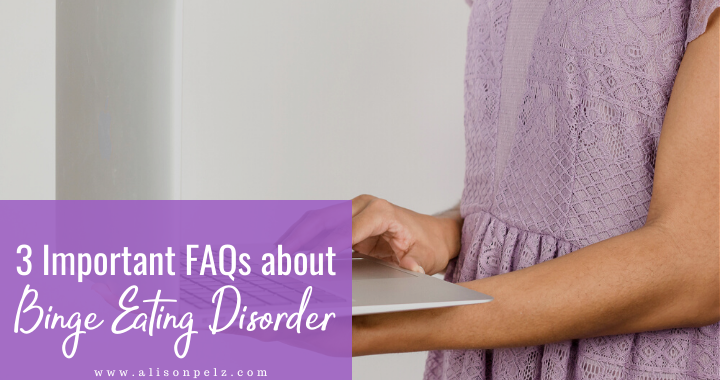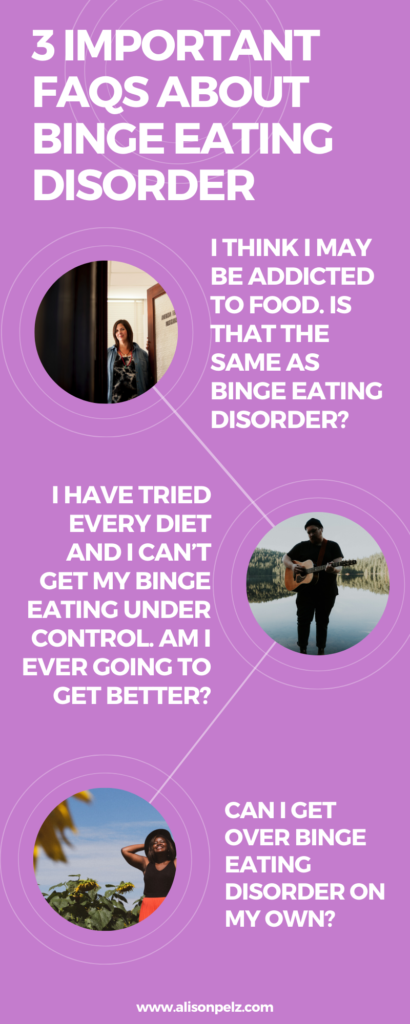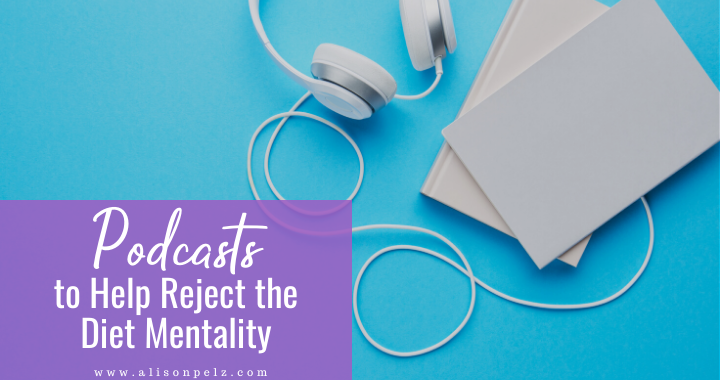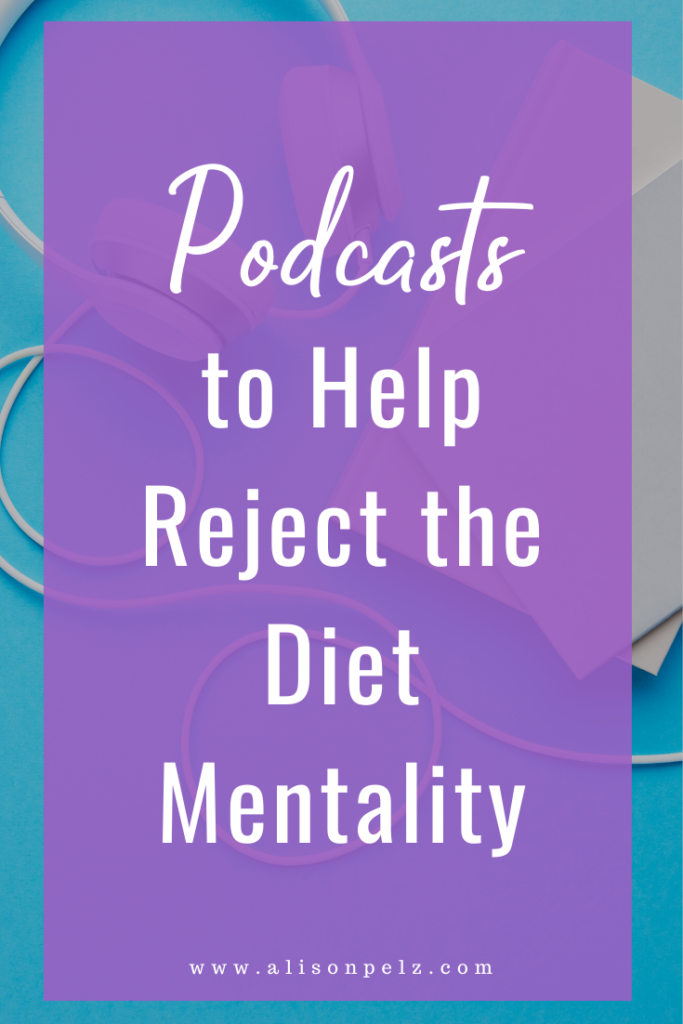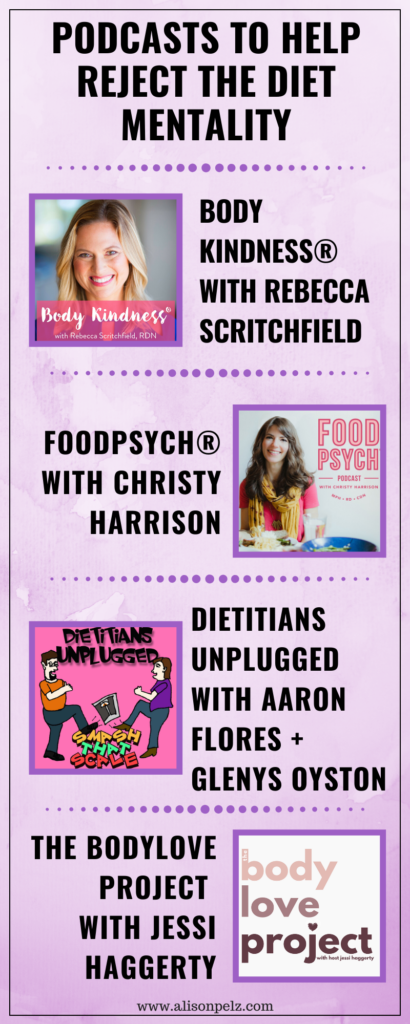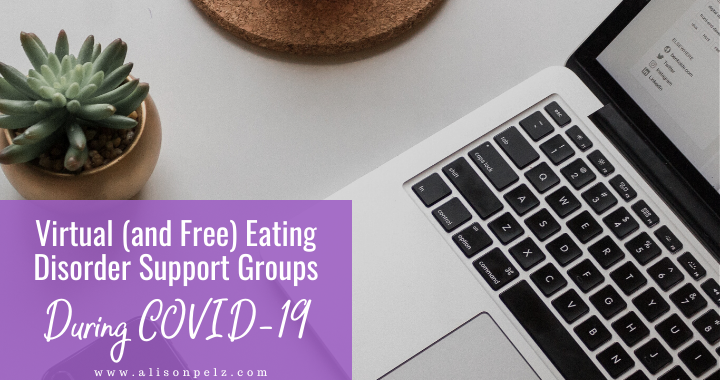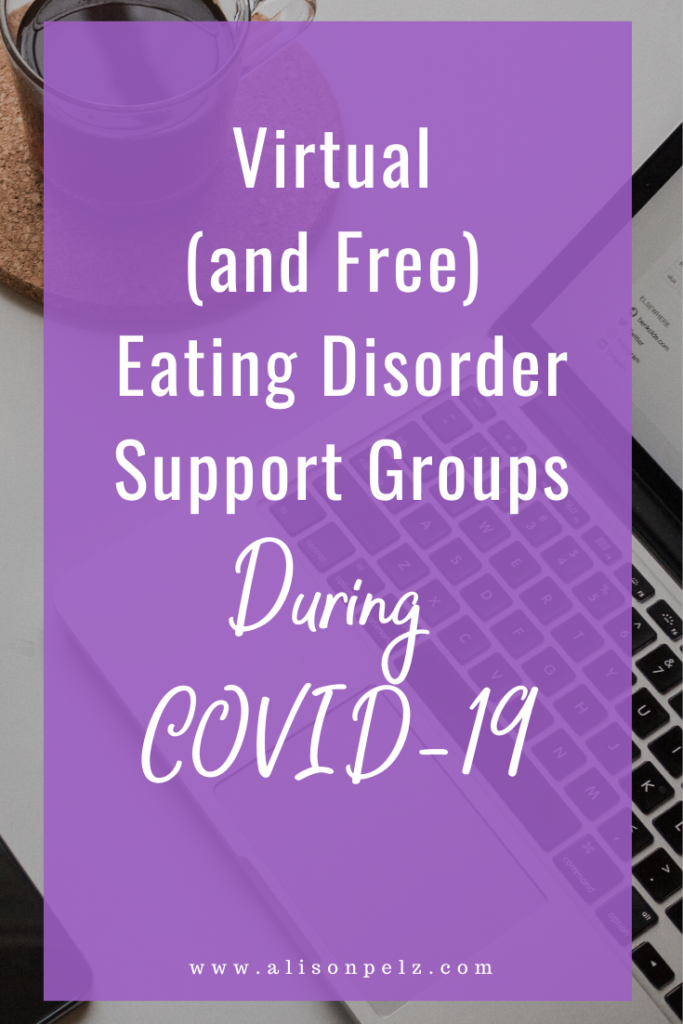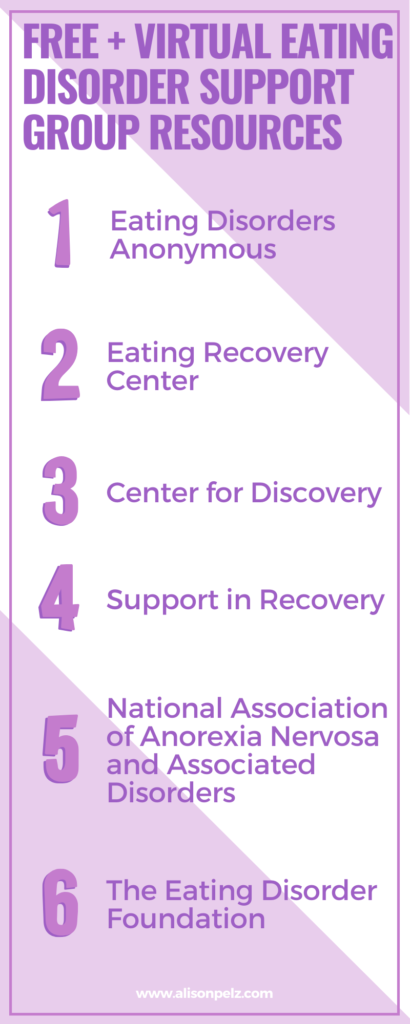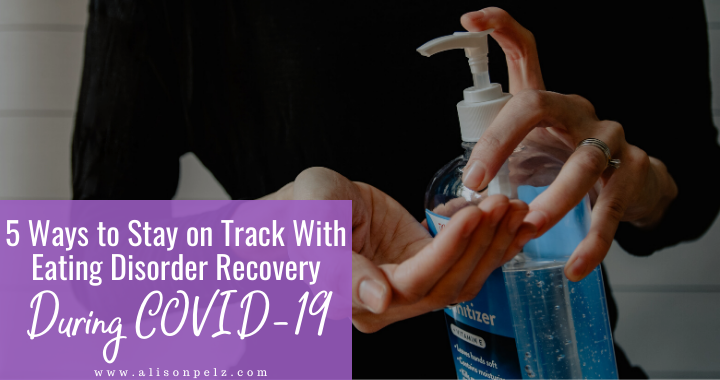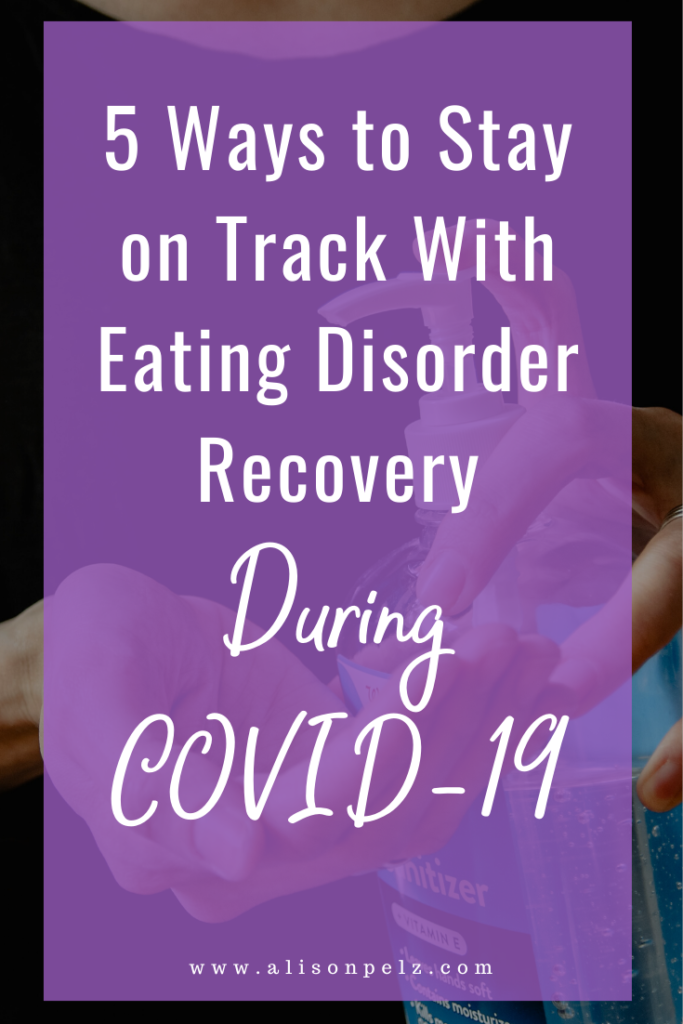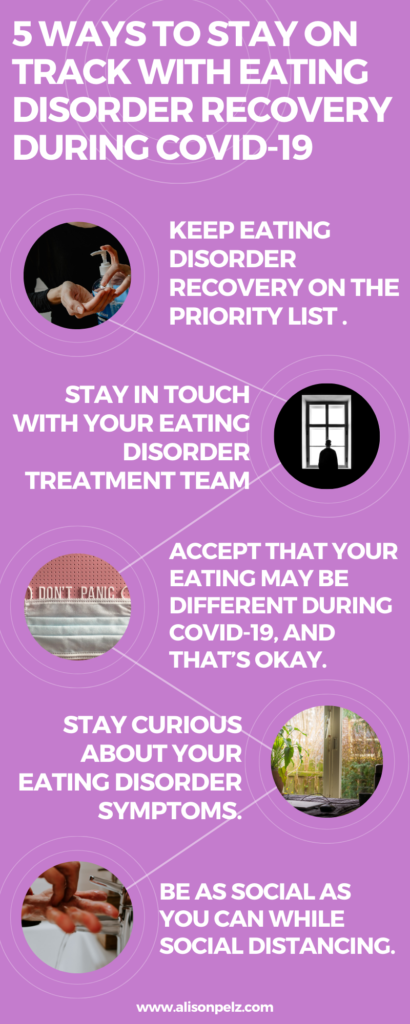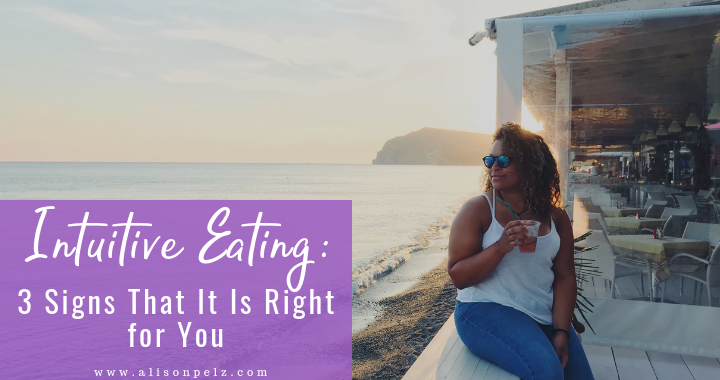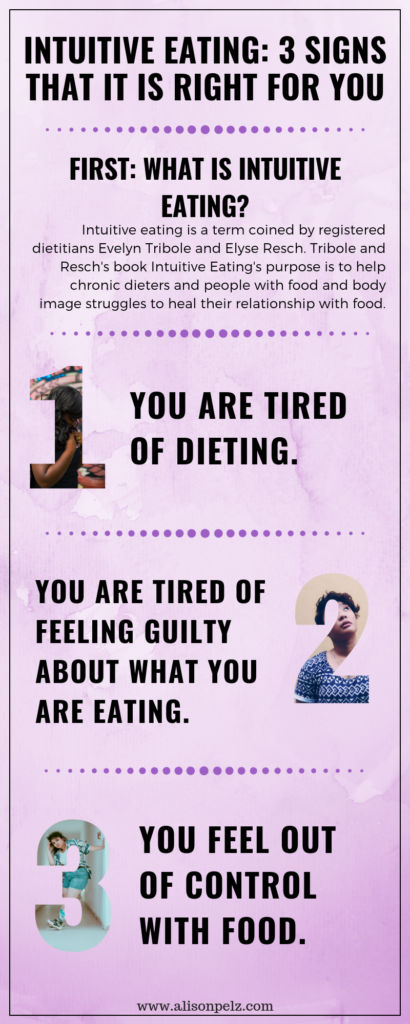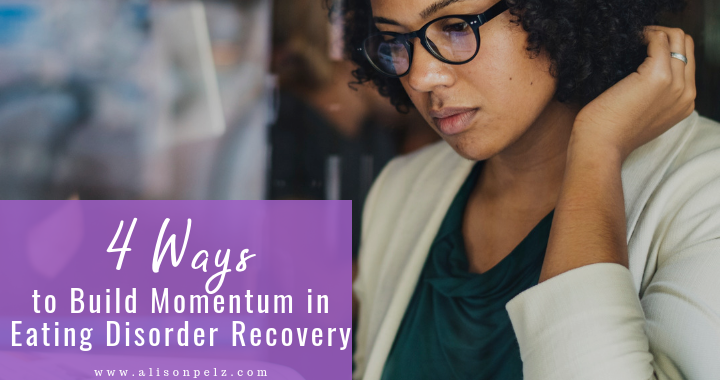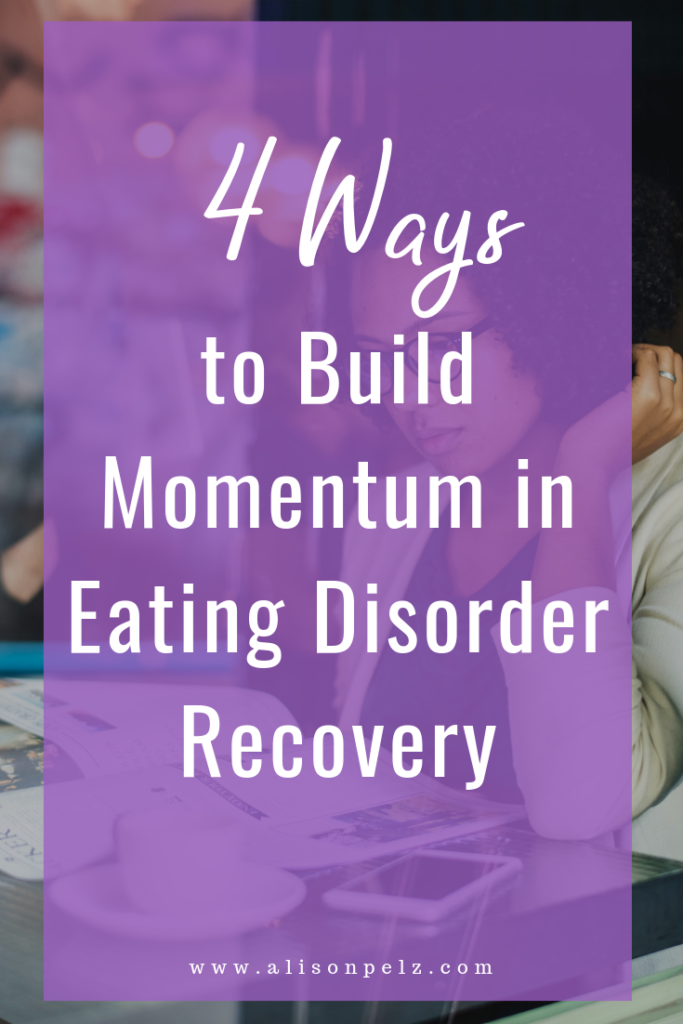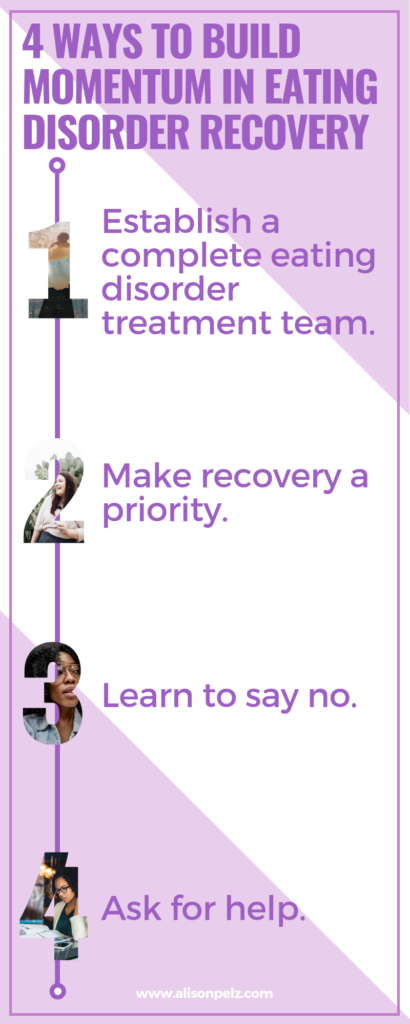Do you feel out of control with food? Once you start eating, do you feel like you can’t stop? Do you feel shame, guilt, and embarrassment after eating? If so, you may struggle with binge eating disorder—the most common type of eating disorder.
Binge eating disorder is characterized by eating large amounts of food in a discrete amount of time when not feeling hungry or eating at a rapid pace until uncomfortably full. Binge eating usually takes place in solitude, and there is marked emotional distress associated with binges.
Here are some most frequently asked questions about binge eating disorder:
I think I may be addicted to food. Is that the same as binge eating disorder?
There is much debate among healthcare providers about whether food addiction is a bona fide diagnosis. Some believe that food absolutely can be addictive. In fact, science shows that our brains are activated in the same way they are with drugs when we eat highly palatable, good tasting food.
People who describe themselves as food addicts have a compulsive drive to eat, even when they are not hungry, eating, perhaps, to soothe emotions or to “check out.” In the short term, overeating feels good. But in the long term, it can feel pretty uncomfortable. Attempts to stop overeating may be made but with little success.
You may not buy certain foods, fearing that you will eat it all in one sitting or over a day or two. Maybe you plan to buy certain foods just to binge on them. Or you buy certain foods and promise yourself that you will not binge on them as you have in the past. Food is often consumed in solitude.
Guilt and shame are feelings often experienced with having a loss of control with food. Sounds similar to drug or alcohol addiction, right?
Furthermore, our brains may become activated similarly to the way they are with drugs and alcohol when we eat certain foods—as a reward pathway. By design, we get pleasure from eating, so we will seek out more food (to sustain us).
However, unlike drugs and alcohol, we need food to survive. Additionally, most people who feel out of control with food are able to stop eating or ignore foods that are less appealing. Most people who struggle with drug addiction, for example, consume all drugs until they are gone. That is not the case with food.
If you are reading this, whether you think food addiction is a valid term or not, my guess is that you feel out of control with food. Feeling out of control with food is a key feature of binge eating disorder.
I have tried every diet and I can’t get my binge eating under control. Am I ever going to get better?
Yes, you can get better, but not by dieting. Dieting can actually make binge eating worse. In fact, dieting is a risk factor for developing an eating disorder. Cutting out certain types of food and/or under-eating makes your body ripe for binge eating.
It makes sense. Our bodies by design are set up to survive. Obviously we need food to survive, and our bodies send us very strong signals to eat. If we chronically restrict food, our bodies give us signals to eat large amounts at a time.
Although it may seem counterintuitive, eating regularly throughout the day and including all foods in the diet actually helps reduce binge eating. With the help of a registered dietitian, foods that are typically eaten during a binge are slowly reintroduced as part of treatment.
Can I get over binge eating disorder on my own?
Unfortunately, many who struggle with binge eating disorder try to “diet” their way out of binge eating, but this usually makes the binge eating worse.
There is some evidence that self-help programs and books can help reduce binge eating symptoms, but most likely you will need the assistance of a professional.
Asking for professional help can feel daunting. However, relief is often expressed by people with binge eating once they seek treatment because someone understands what they are going through.
Usually, a psychotherapist or counselor, registered dietitian, and a doctor are part of an eating disorder treatment team. Learn more here about how to find an eating disorder professional.
